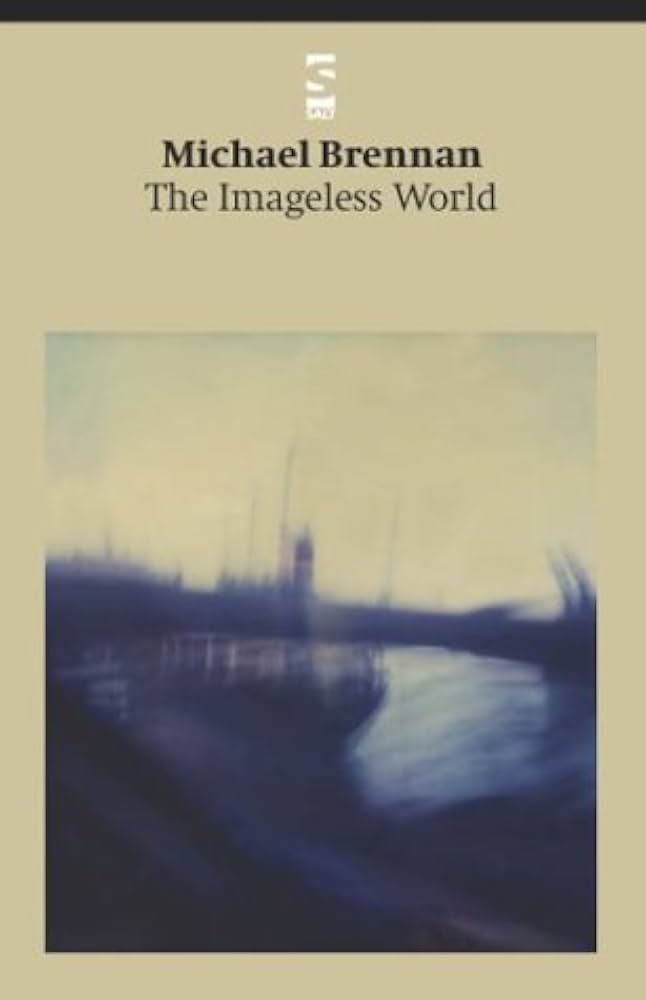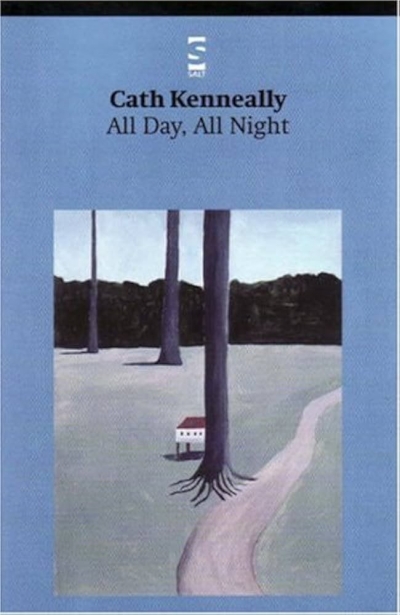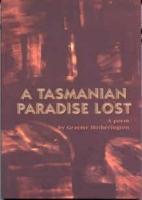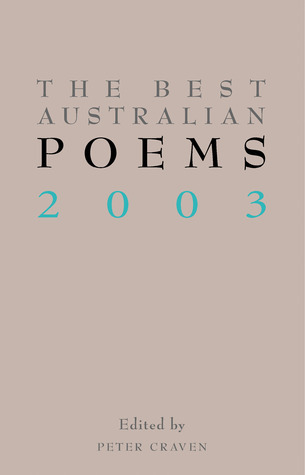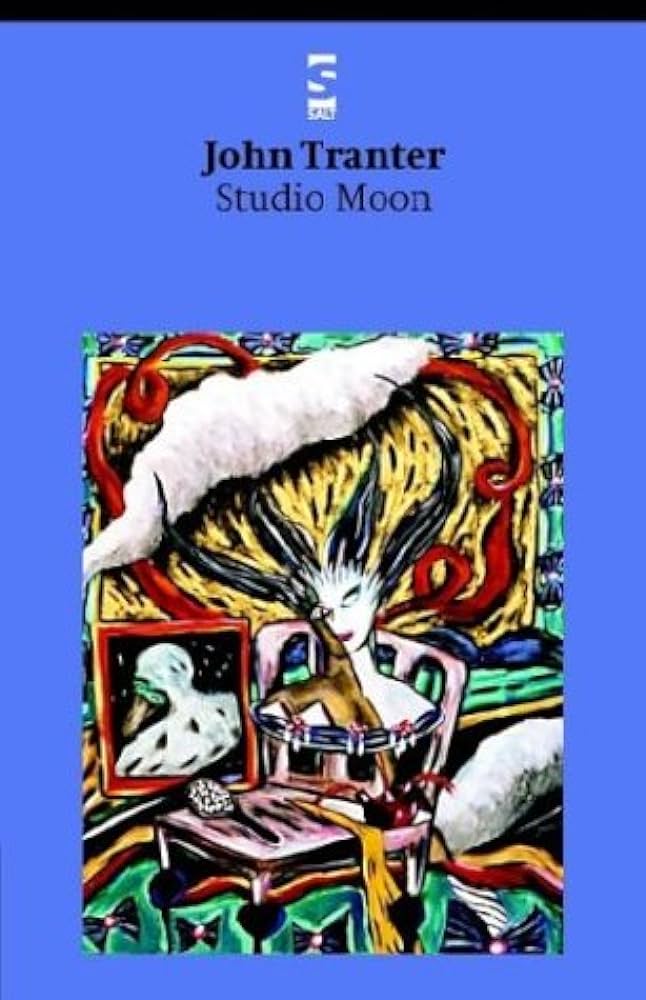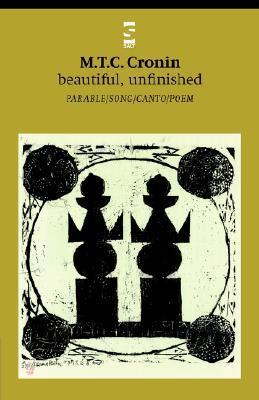Poetry
Poetry is a form of resistance to loss, death and oppression. But, like any communication channel, it has its own resistance. Poetry does not simply communicate experience or presence. This resistant quality of the medium has often attracted attention. The opening of Wallace Stevens’s ‘Man Carrying Thing’ is a famous example: ‘The poem must resist the intelligence / Almost successfully.’
... (read more)A Cold Touch by Lawrence Bourke & All Day, All Night by Cath Kenneally
Lawrence Bourke’s A Cold Touch begins with a poem called ‘Advice to a Failure’. Expressed with such force as to render grammar a secondary consideration, its argument is hard to grasp al first, but the poem is only technically meaningless: it contains, I think, an important truth:
The committee can stick
their mate with medals until the man’s all brass
but his brilliant chest will never help him frame
a line to shine like those of poets who came
to nothing but writing well writing for themselves
and us the simple truths some call fiction.
The line that shines, in other words, is a prize that outshines the brass and medals. Few, I suspect, would disagree with Bourke on this specific point. But why is something so uncontroversial expressed with such conspicuous force? Is Bourke, I wonder, as baffled as I am as to why certain books get medals at all?
... (read more)Dark River is John Jenkins’s fourteenth collection of poetry (including the six volumes he has produced with Ken Bolton) and a welcome addition to his oeuvre. This new solo collection contains the wit, language play and urbane imagery we are used to from Jenkins, as well as emotional depth and an infectious delight in language. Demonstrating this are the touching love poem ‘Why I Like You’ and three key elegies, or ‘dedicatory’ poems. The first of these, ‘Long Black’, dedicated to John Anderson, opens the book. This fine poem captures Anderson’s philosophy and his way with light and landscape. Anderson, a shy poet who died at the age of forty-nine without troubling The Oxford Companion to Australian Literature, left behind three books whose cadences and unique way of writing about nature and its interconnectedness are still held in great esteem by those who are aware of his work, mainly other Australian poets. In ‘Long Black’, Jenkins (who accompanied Anderson on bushwalks) speaks to his departed companion, reiterating and questioning some of Anderson’s philosophy:
... (read more)I watch the long black drink
turn in my hands. You say that
where you come from is where
you go to. You say the nothing in
everything is just nothing again.
Air fills the winter trees, but their
cold leaves can’t bring you back.
Then, there were spires in every landscape
Tall, tapering fingers pressed together,
The supplications of early sainthood –
Those that the early painters made
To teach the unlettered, while the spires
Called them to listen and to pray.
Peripheral Light: Selected and New Poems by John Kinsella
Born in Perth, I came as a boy to think of myself as a Yorkist: my summer holidays were often spent in that glittering town, and the first sound I can remember is the intransigent call of crows over the road there from the city. For entirely good reasons, the place is almost a myth to me.
In deeper and more complex ways, that territory is mythic to John Kinsella. His Peripheral Light would look very different, and much the poorer, if it were possible to subtract the mythic dimension from this book. Reading his ‘Wheatbelt Gothic or Discovering a Wyeth’, I am reminded of an essay of Guy Davenport’s in The Geography of the Imagination, in which he details how indebted Grant Wood’s ‘American Gothic’ is to mythological motifs, and how thoroughly Wood has subsumed them. Kinsella, at his best, seems to me equally adept at living with imaginative indebtedness and at parlaying it into an asset.
... (read more)A Tasmanian Paradise Lost by Graeme Hetherington & Other Gravities by Kevin Gillam
In the first part of his new collection, Graeme Hetherington returns to the cultural territory he presented, differently registered, in In the Shadow of Van Diemen’s Land (1999). This is the west coast of Tasmania, reconstructed this time, in ‘West Coast Garden of Eden’, as the provocative place of his childhood, an Eden after the Fall in which innocence has long before succumbed to temptation. The twenty-seven parts of ‘For Boyd’ present Boyd as the narrator’s schoolmate, a son of working-class parents who has Paul Newman looks, a careless disregard for all forms of authority, an impressive and precocious sexual appetite, and a rebel’s capacity for mischief.
... (read more)The Best Australian Poems 2003 edited by Peter Craven & The Best Australian Poetry 2003 edited by Martin Duwell
Writing this on the first Tuesday in November, I am struck by how different contemporary Australian poetry is from the Melbourne Cup. There is no money in poetry, of course, and in horse racing everyone, even the horses, are much better dressed. What’s more, despite complaints to the contrary, the returns are usually better when it comes to reading poetry than spending your days at the TAB. Martin Duwell’s The Best Australian Poetry 2003 and Peter Craven’s The Best Australian Poems 2003 are dead certs, compared to the boundless unreliability of horses.
... (read more)As one of the few Australian poets with an extensive publishing history overseas as well as in Australia, John Tranter suffers from the problem of what might be called parallel publishing. His UK books are often built out of selections from his Australian books. Just under half the poems in his new book, Studio Moon (published by Salt, and distributed in Australia by the Fremantle Arts Centre Press), have appeared before, notably in At the Florida (1993). But the best from that book has been chosen, the new poems are exciting, and the result is a book that manages to be simultaneously powerful, entertaining and revealing.
... (read more)The Indigo Book of Modern Australian Sonnets edited by Geoff Page
This book, says Geoff Page in his introduction, should ‘cheer up those who are prone to lament the passing of “form” from contemporary poetry’. Speaking as one who does employ the f-word now and again, I’m very glad to hear it, though I catch the note of sardonicism and think that Page rather misses the point when he writes, again a little satirically, that some ‘may complain that fourteen lines “do not a sonnet always make”‘. I, for one, am more likely to complain that a poem of roughly sonnet proportions ‘does not a decent poem make’; the sonnet (I’d say) is a means, not an end. Apart from the obvious cases of ‘straitjacketing’, of forcing a form upon such content as may be naturally resistant to it, there is the fact that too smooth a rehashing of forms is one of the things – just think of Kipling – that announces a poet as irretrievably minor. Take the Shakespearean sonnet, for example: in poets of only moderate skill, its closing couplet will tend to betray a cluck of self-congratulation.
... (read more)Like M.T.C. Cronin’s earlier collections, beautiful, unfinished is characterised by a mixture of mystical awe and formal restraint. The collection is subtitled PARABLE/SONG/CANTO/POEM’. As this suggests, it consists of a parable of sorts in verse, a sequence of songs, a set of cantos ‘minus melody’, and some poems. But in Cronin’s hands, these various forms seem based upon haiku. She writes sparely in short-lined stanzas, and she undercuts her own rhythms until it seems as if almost every poem might end in an ellipsis.
... (read more)
